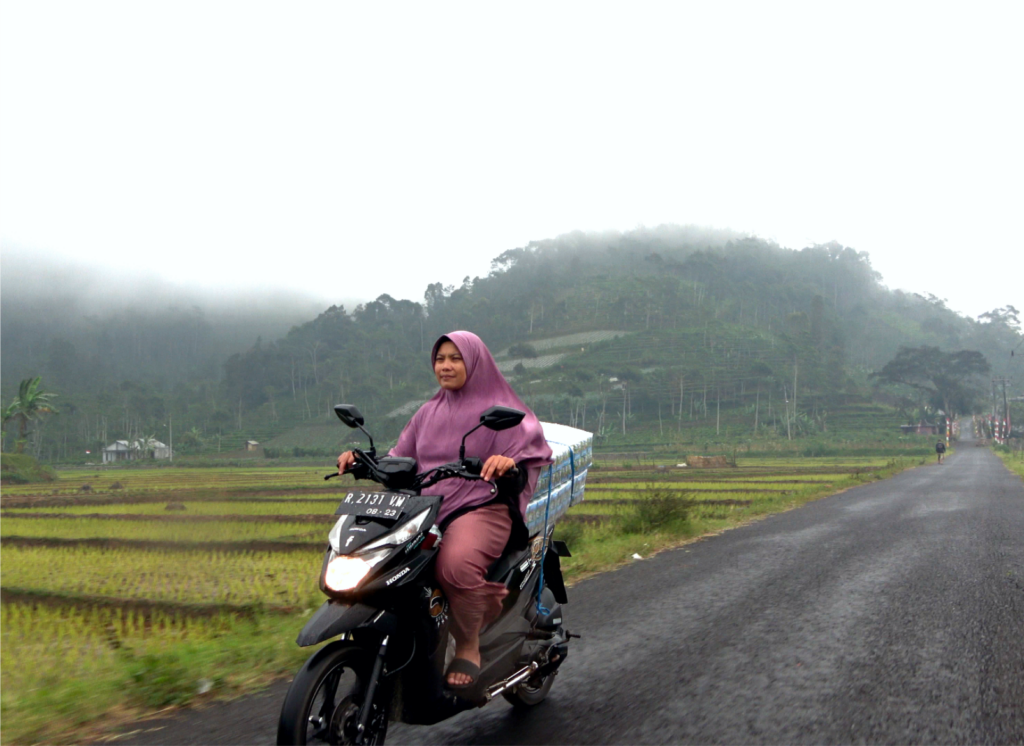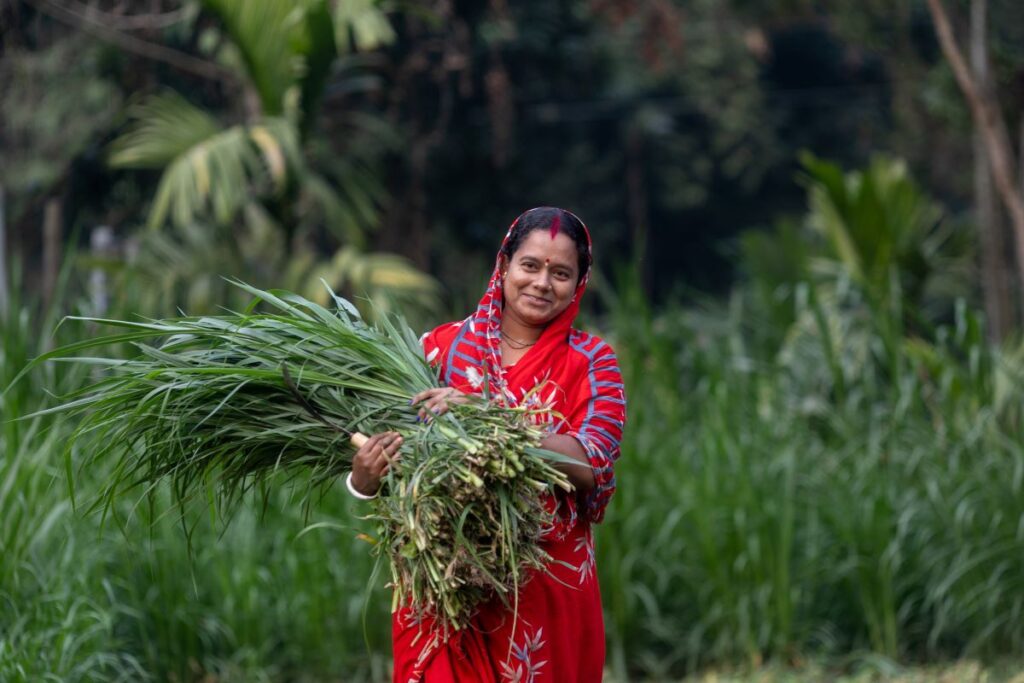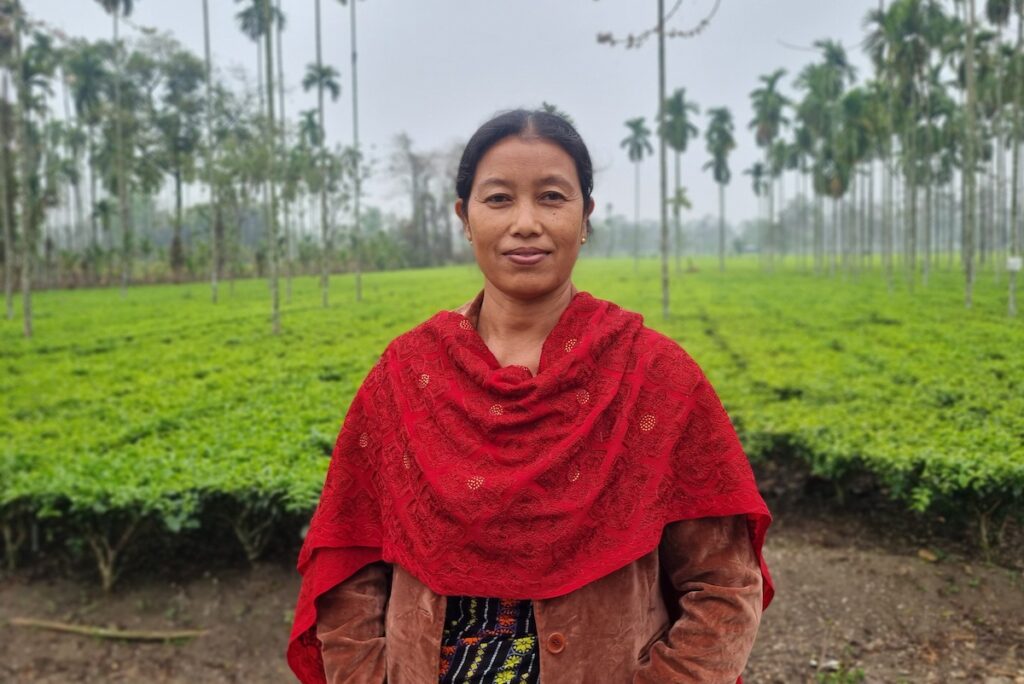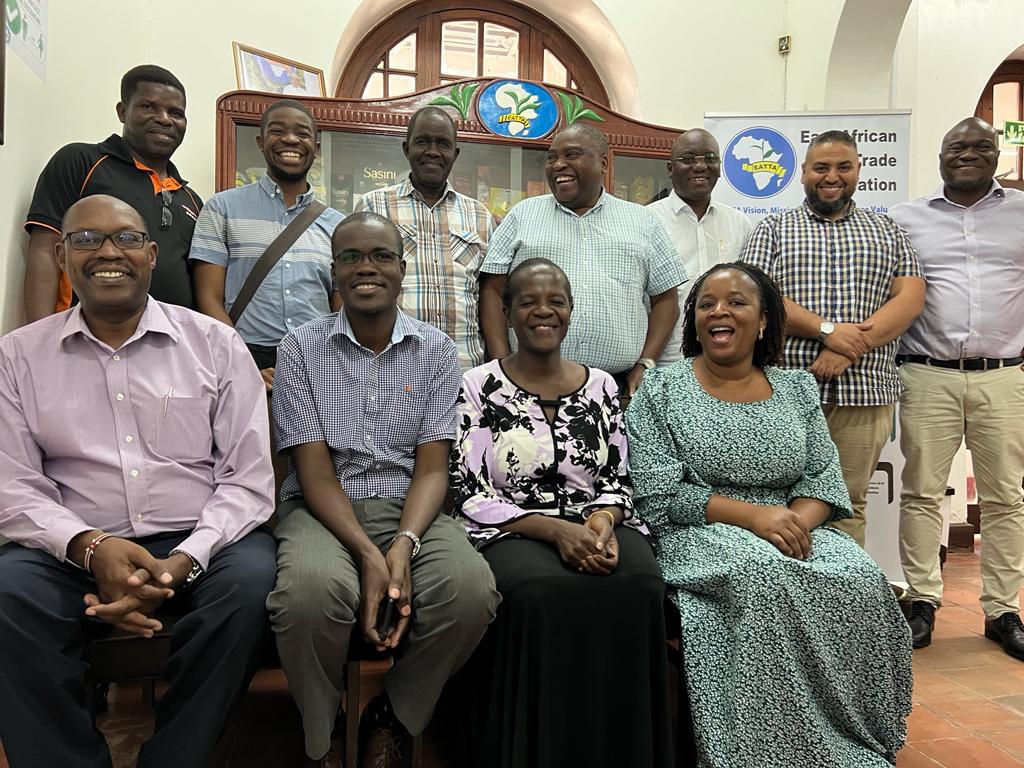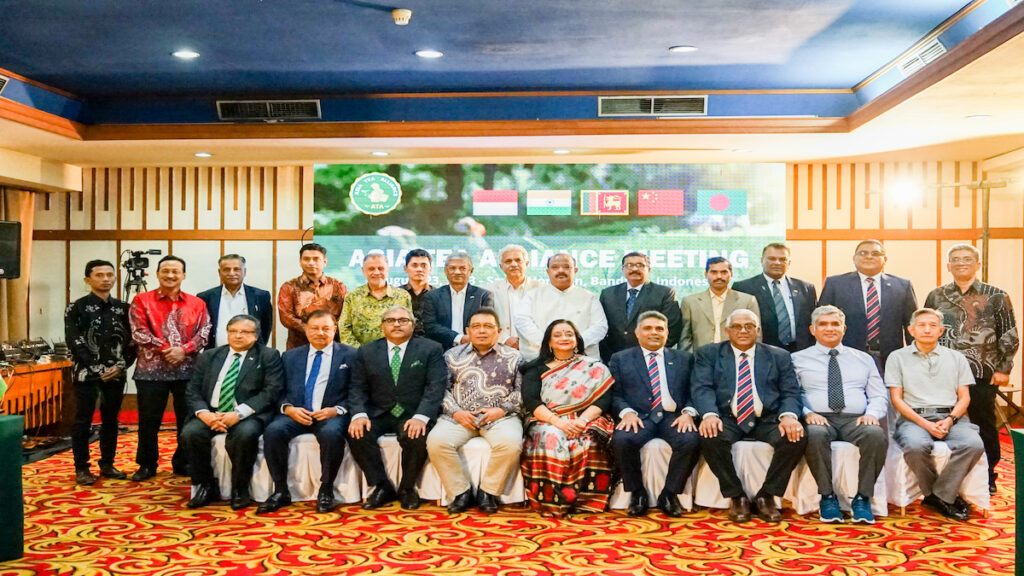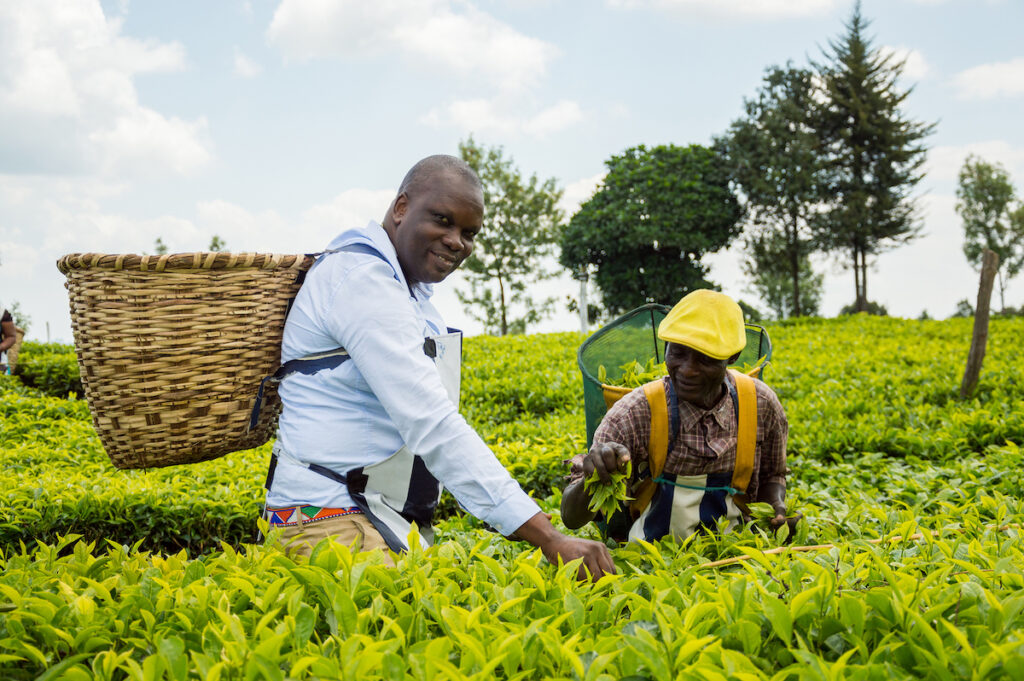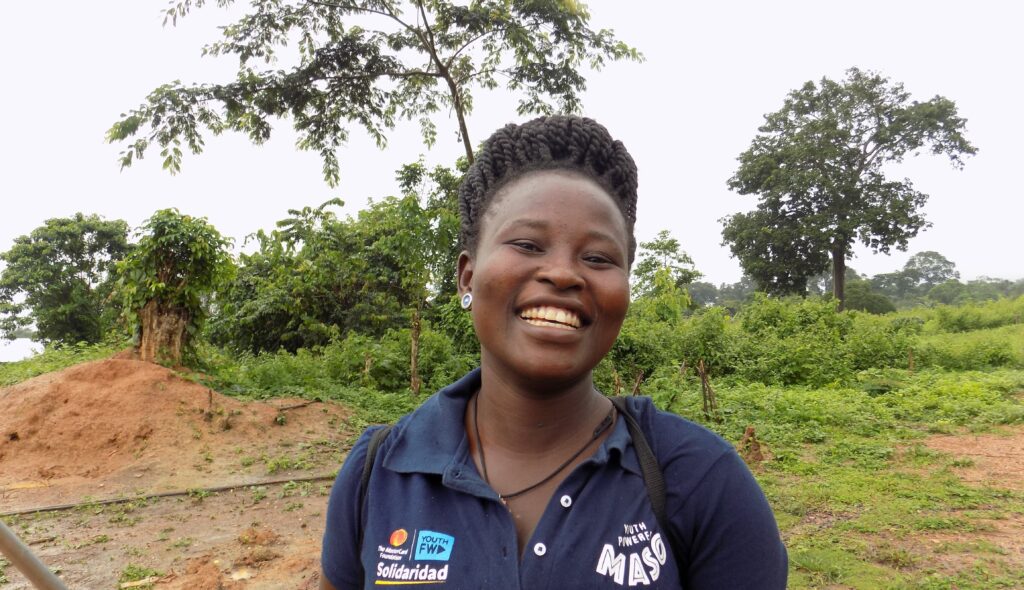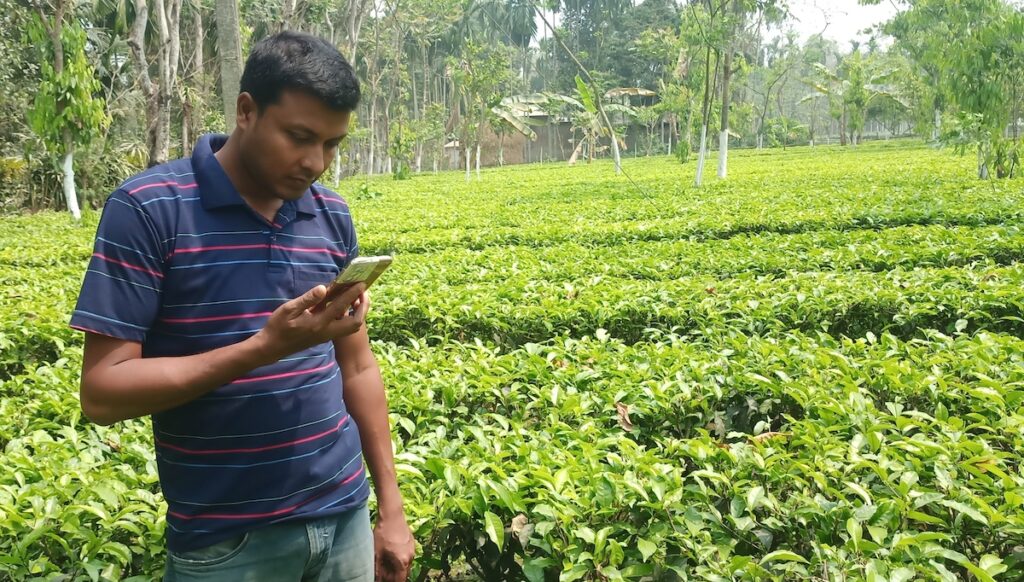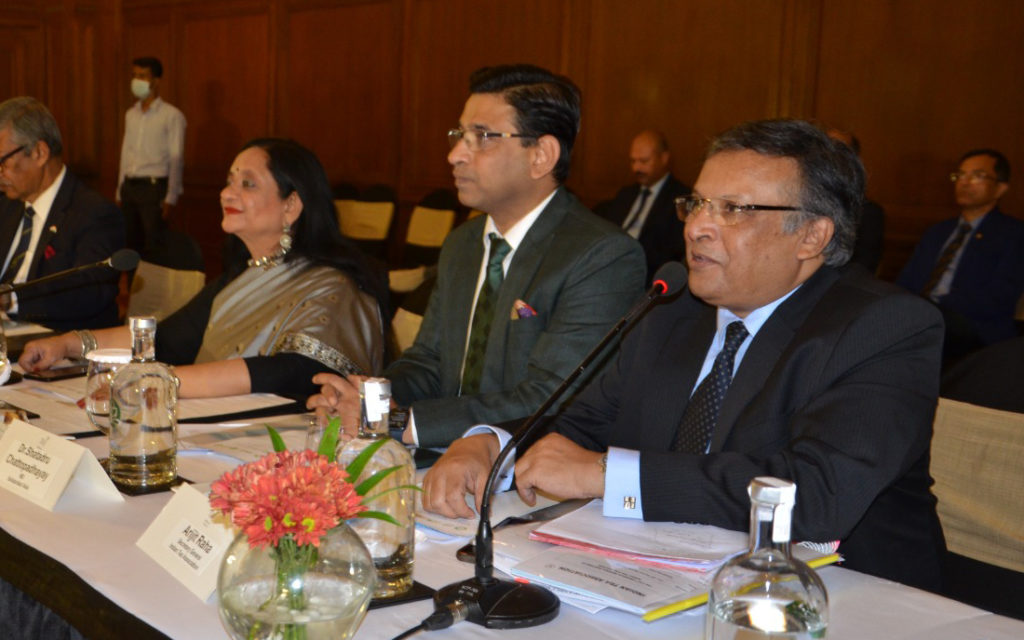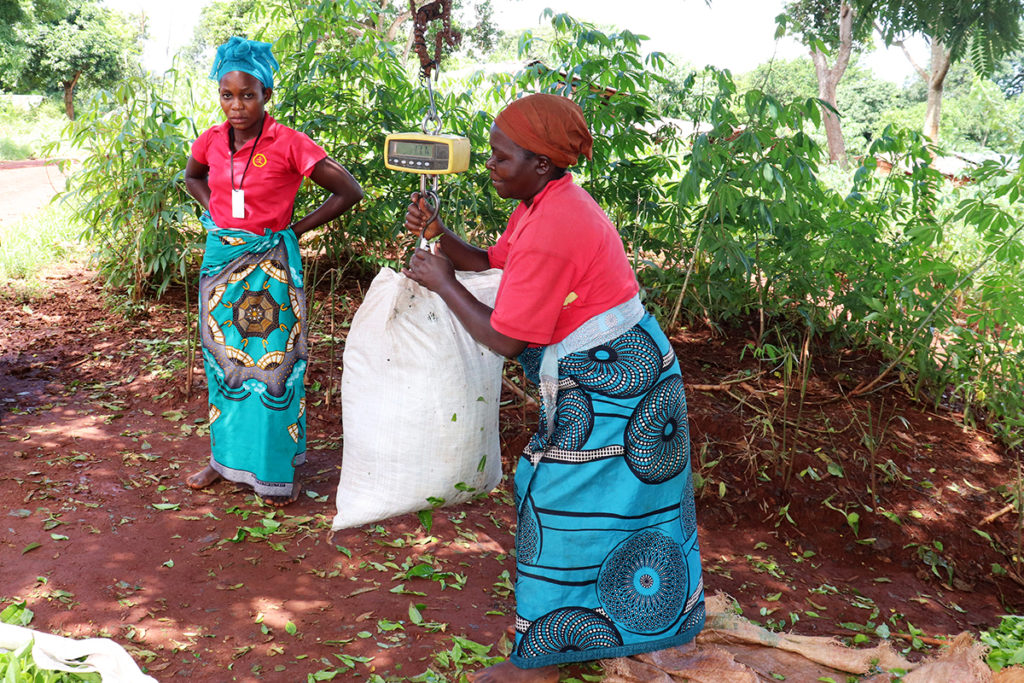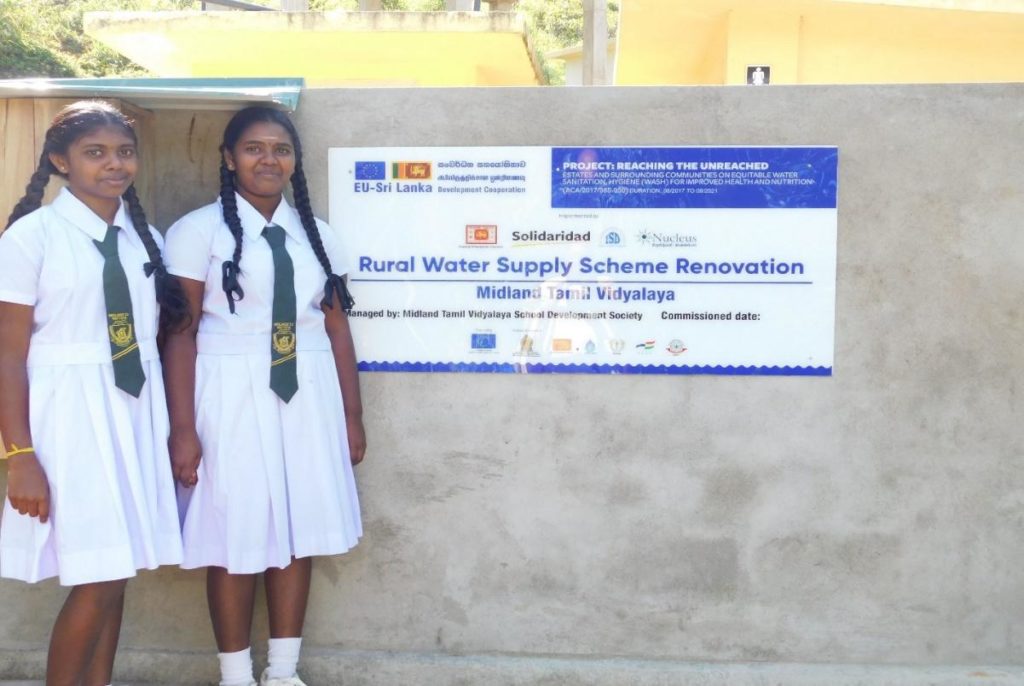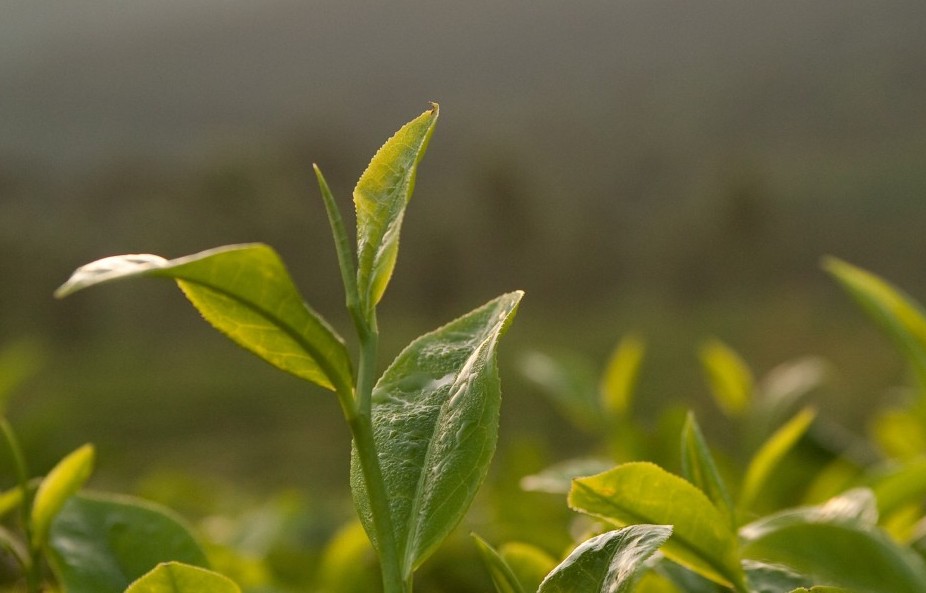
Challenges
Lack of fair pay and threats to biodiversity
Tea is one of the most widely enjoyed drinks in the world, but it is far from sustainable for the smallholder farmers and land involved in its production and processing.
I’m a small tea grower having my tea field in Jamaldaha village. My knowledge on tea cultivation was outdated prior to my joining Trinitea programme. Due to continuous guidance, I have been able to reduce my input costs by almost 45-50%.
Raton Roy, small tea grower and member of Jalpaiguri District Small Tea Growers Association,
Jamaldaha village, Jalpaiguri District, North Bengal, India
Solutions
Inclusivity and collaboration to drive sustainability
By linking sustainable suppliers with growing demand, smallholders and estate workers can improve their yields, labour conditions, and farming practices. They can also , but their ability to yield the most out of their lives.

Trinitea is a new initiative for the integration of smallholders with the tea trade and commerce. I am confident that Trinitea would become a prime mover in transforming the smallholdings into sustainable units for ensuring the farmers a bright future.
Vivek Goenka, Chairman, Indian Tea Association, Kolkata, India
Achievements
Making strides
In Uganda, we supported finalization and dissemination of key national tea documents, particularly the National Tea Policy, National Tea Policy Implementation Plan, and Regulatory Impact Assessment. The National Implementation Plan was agreed and finalized, and is awaiting review by the Cabinet – Ministry of Agriculture, Animal Industry and Fisheries.
In Asia, Trinitea, the digital self-assessment application continued growth, helping to assess on farm sustainability and giving farmers access to good agricultural practice information.
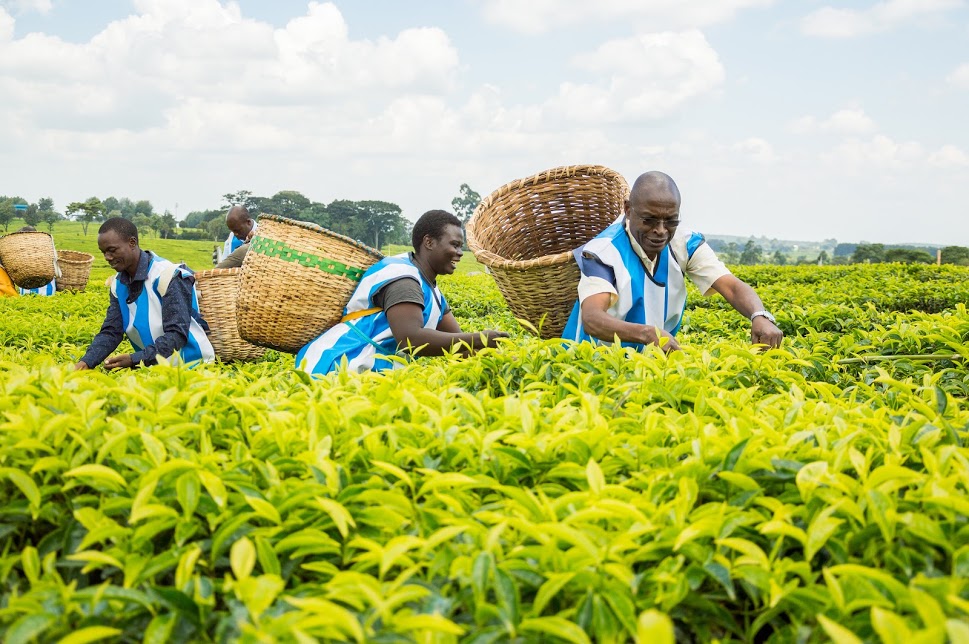
Surpassing targets
In Argentina, participants in our sustainable tea initiative produced 15,600 tonnes of green leaves for the US market, 25% more than the original target. Nearly 4,000 hectares were farmed using good agricultural practices, three times the target. A total of 166 producers were trained during the project and 140 of them succeeded in obtaining Rainforest Alliance certification. In Asia, we reached out to seven major small tea growers’ associations. With a joint membership of over 60,000 growers, these account for nearly 200 million kg of tea a year. We aimed to register half the growers for our TRINITEA sustainable framework, with the remainder to be done in 2020. In fact, we registered over 36,000, nearly all of whom were trained to comply with TRINITEA and to follow good agricultural practices.

Tea sector consensus
Solidaridad has achieved consensus on sustainable governance within the tea sector. It has been able to improve the livelihoods of farmers through raising awareness on the benefits of collectivisation and encouraging them to form self-help groups. Solidaridad also enhanced the understanding of tea pricing for small-scale farmers. While prevailing certification standards still have limitations, they provide an opportunity to engage with the tea industry stakeholders through national platforms and allow for discussions around more complex issues which cannot be addressed through certification alone. Solidaridad has been able to leverage these new approaches to gradually transform beyond the certification agenda.

Striving for innovation
Tea is amongst the most competitive products in the beverage industry. The competition is high and the sector needs to be seriously concerned about developing an innovative strategy for its product, process and markets. It also needs to be fully aligned with the global sustainability agenda. The sector, when viewed in regional contexts, is generally considered to be mature and too slow to adapt to change in both behavioral and in its adaptation of current technology. Despite that, it continues to remain the second cheapest beverage after water.

For sustainable supply chains
Served every morning to nearly two-thirds of the world’s population, tea continues to be the most popular non-alcoholic beverage and has gained further popularity as a health drink in view of its medicinal value. Developing sustainable supply chains in Asia remains an important challenge, as producers and smallholders continue to operate outside the scope of global sustainability programmes even though 74% of the world’s tea is consumed in Asia.

The Indian tea market
Solidaridad has played a pivotal role in implementing the Trustea programme, which aims to establish sustainable production in the Indian tea market, and the Teh Lestari scheme in Indonesia. Our partners in India are the Sustainable Trade Initiative (IDH), Hindustan Unilever Ltd and Tata Global Beverages.

Making strides
Solidarided helped implement the Teh Lestari and Trustea codes in Indonesia and India.

Tea transformation
Solidaridad initiated a programme funded by the Sustainable Trade Initiative (IDH) and Hindustan Unilever Ltd. designed to transform half of the tea produced in India.

A new programme
The five-year India Domestic Sustainable Tea Programme (2012-2016) began.

Progress in Asia
Solidaridad facilitated the development of sustainability guidelines for the China tea industry. Also in Asia, Solidaridad established the Lestari national sustainability standard for Indonesian tea.

Studying impact
Together with UTZ Certified and LEI, a long-term impact study began in Kenya and Malawi.

First adopters
Rooibos farmers in South Africa became the first to adopt the UTZ standard for Rooibos tea.

Working together
Solidaridad began tea programme in partnership with UTZ Certified.








